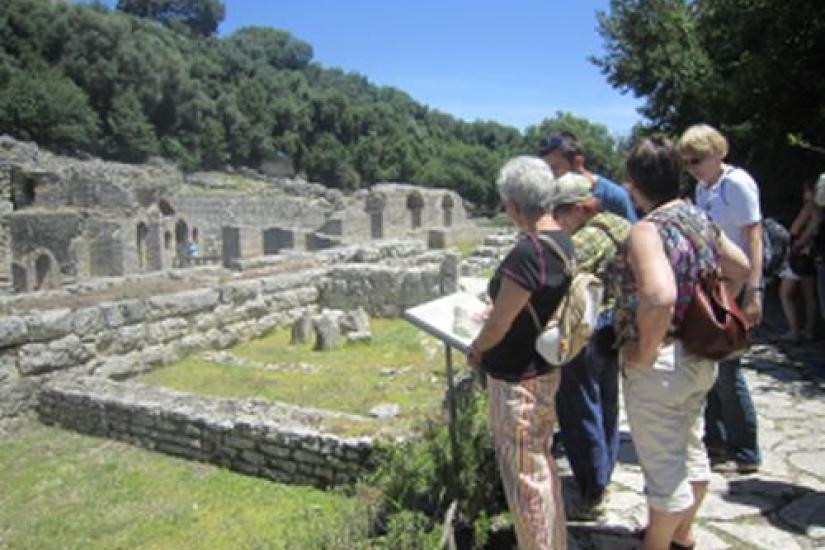
This lecture reviews forty years of working in cultural heritage, the successes and failures. This personal account takes its starting point that those of us from 1968 onwards in archaeology belong to a pivotal age, bridging the period of strong state intervention in heritage matters and the post-2008 impact of globalization through the digital medium. The lecture reviews heritage experiences in the Peak District National Park in the UK, in several places in Italy (including San Vincenzo al Volturno and Tuscany), at the Unesco World Heritage site of Butrint in Albania, at the Penn Museum in Philadelphia, as well as at Zeugma in south-eastern Turkey and Rosia Montana in Romania. The successes and failures are discussed in terms of the political conditions and the need for working with communities in terms of developing visitorship. The object of the talk is to illustrate that heritage is essentially the business of developing appropriate revenue streams, most often by recruiting visitors attracted by particular narratives, while sustaining the resource effectively and efficiently. Post-2008 circumstances pose a challenge for the world of archaeology (& history) and the generation that evolved in the late '60s and 70s.
Richard Hodges is the President of the American University of Rome since 2012. He began his career as an archaeologist with excavations in his home village of Box, Wiltshire while at high school. During that time he founded a village archaeology society which is thriving today. He studied archaeology and history at Southampton University where he completed a doctorate on the archaeology of Dark Age trade. In 1976 he joined Sheffield University as a lecturer and while there launched excavations in England and Italy at Roystone Grange (Derbyshire), Montarrenti (Tuscany) and San Vincenzo al Volturno (Molise). From 1988-95 he was Director of the British School at Rome, during which time he enlarged the excavations at San Vincenzo al Volturno with support from the Abbey of Monte Cassino, and joined the Butrint Foundation as its scientific director (1993-2012) to launch new excavations and site management strategies at the World Heritage Site of Butrint (Albania). From 1996-98 he was Director of the Prince of Wales’s Institute of Architecture, then from 1998 he has been Professor in the School of World Art Studies at the University of East Anglia, Norwich. During this period, he served in the Ministry of Culture in Albania (1999), as adviser to the Packard Humanities Institute during the Zeugma (Turkey) excavations (2000), and as Williams Director of the University of Pennsylvania Museum of Archaeology and Anthropology (2007-12). He has been Visiting Professor at SUNY-Binghamton (1983), the University of Siena (1984-87), the University of Copenhagen (1987-88) and the University of Sheffield (2006-7). He was awarded the Order of the British Empire (OBE) in the Queen’s honours in 1995.